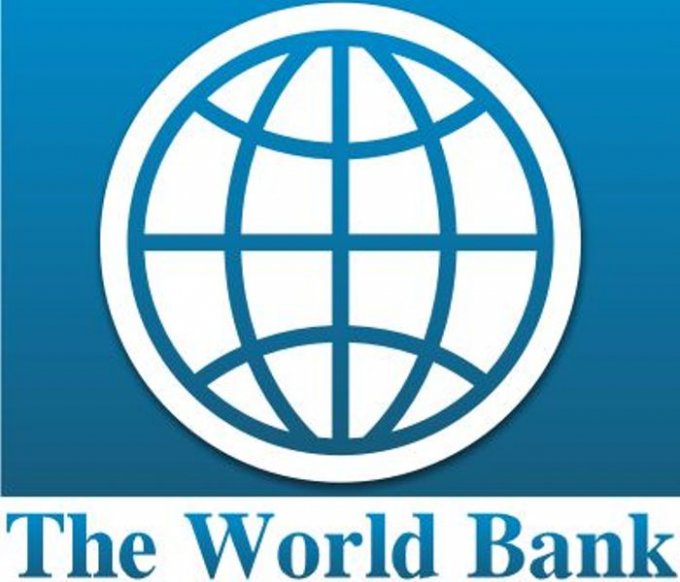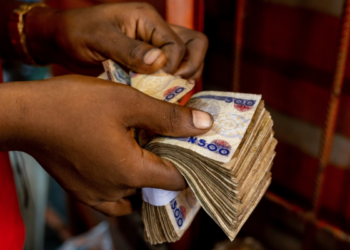The world Bank has said that Nigeria spent a total of N6 trillion in the last 5 years to subsidize petroleum products.
In its latest 2015 ”Nigeria Economic Report No. 3”, the bank said fuel subsidy incapacitated the country’s ability to save for the rainy day occasioned by falling crude oil prices in the international market.
On gas, the report stated that despite serious disruptions in supply in the first half of the year, the country flared more gas than the one used in generating electricity, adding that much more gas was sold to foreign consumers despite the huge demand and inadequate supply at home.
The report presented by the World Bank Lead Economist in Nigeria, Mr. John Litwack, stated;
The fiscal cost of the fuel subsidy is very high, reaching an estimated $35bn during 2010–2014. Moreover, annual costs are increasing over time due to rising fuel demand and the depreciation of the naira.
“In recent years, numerous audits and reports have identified widespread corruption and fraud in the administration of the fuel subsidy, and official petrol imports have substantially exceeded actual consumption. Attempts by the government to crack down on fraud and delay payment of the subsidy have commonly met with severe fuel shortages in the country that also impose high economic and welfare costs on Nigerians.
“The $35bn cost of the fuel subsidy during 2010–2014 was a primary reason why Nigeria was unable to accumulate a fiscal reserve in the Excess Crude Account that could have protected the country from the recent oil price shock. Fuel subsidy obligations are expected to reach 18 per cent of all government oil revenues in 2015, and, if the current regulated prices are maintained, this is projected to increase to more than 30 per cent by 2018.”
The report added that the recent sharp decline in oil prices and revenues had motivated the country to reconsider its commitment to the fuel subsidy regime that compensates importers and traders of petrol and kerosene.
According to the report, annual spending on fuel subsidy accounts for roughly one-fourth of all federal budgetary spending, adding that the spending was significantly greater than the entire executed federal capital budget as well as the combined spending on education and public health.
The report also stated;
”The weak enforcement of administrative prices further reduces the benefits of fuel subsidies to Nigerian households. There are other important costs as well. Uncertainty about the fuel subsidy has strongly discouraged investment in domestic refining.
“Moreover, artificially low fuel prices distort incentives and encourage excessive consumption of energy. Allegations of corruption and fraud surrounding the implementation of the fuel subsidy are costly to the reputation of government.
“Finally, subsidy-related fuel shortages have repeatedly disrupted economic activity and imposed serious welfare costs on Nigerian households. In addition, every time the naira depreciates, the cost of subsidizing a nominal fixed price increases.”
It added, “Part of the reason that the burden of the fuel subsidy did not decline in 2015, despite much lower oil prices, was the decision in January to decrease the administered naira price of petrol from N97 to N87 per litre.
“The logic given for this was that at the time, the world price of petrol had declined to the point where the size of the fuel subsidy would become negligible, and some of these benefits could therefore be passed on to petrol consumers in Nigeria.
“But the naira was under downward pressure at the time as well as partial strengthening of oil and petrol prices, the expected burden of the fuel subsidy once again rose to a level comparable to that of 2014.”
Noting that the country had the 9th largest gas deposit in the world, the World Bank said before the country could attract the huge investment required to develop the gas sector, it needed a well-designed institutional and policy framework.

















